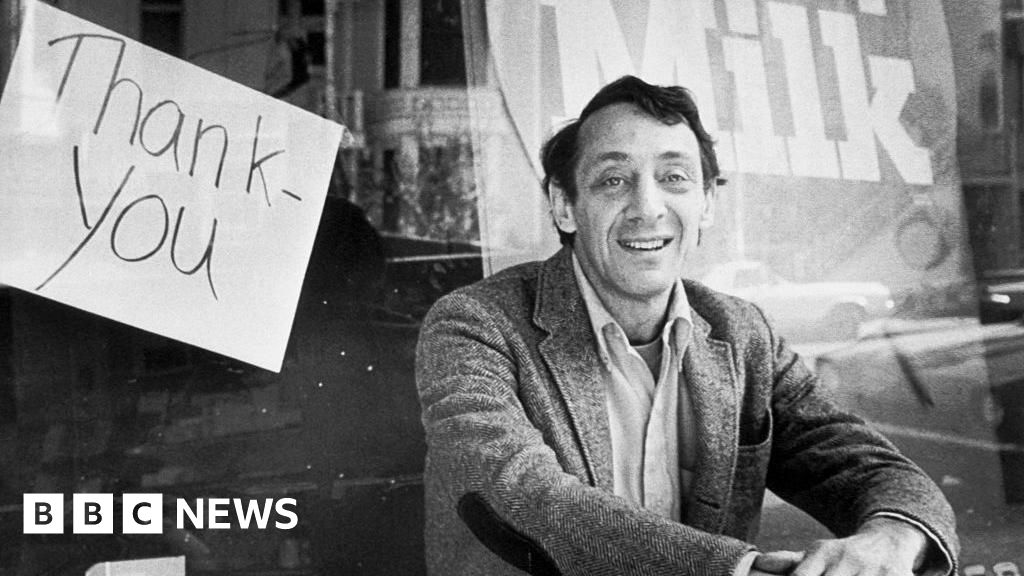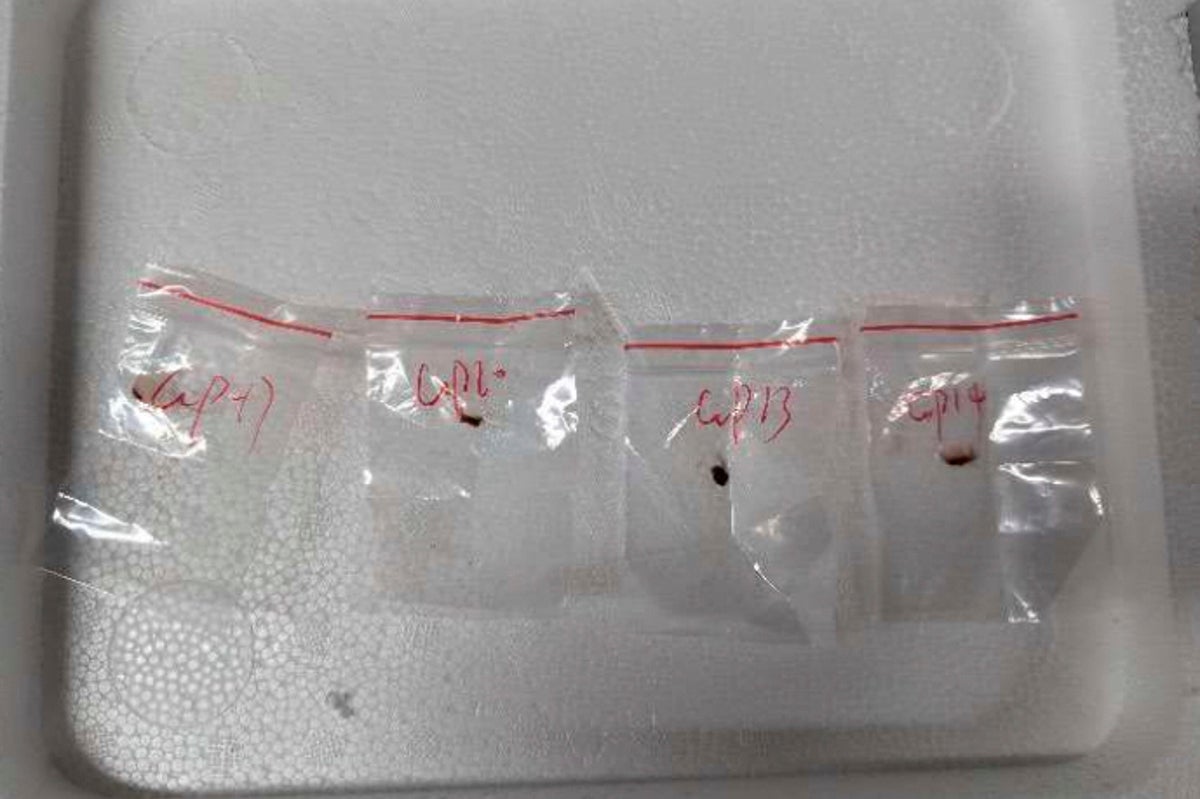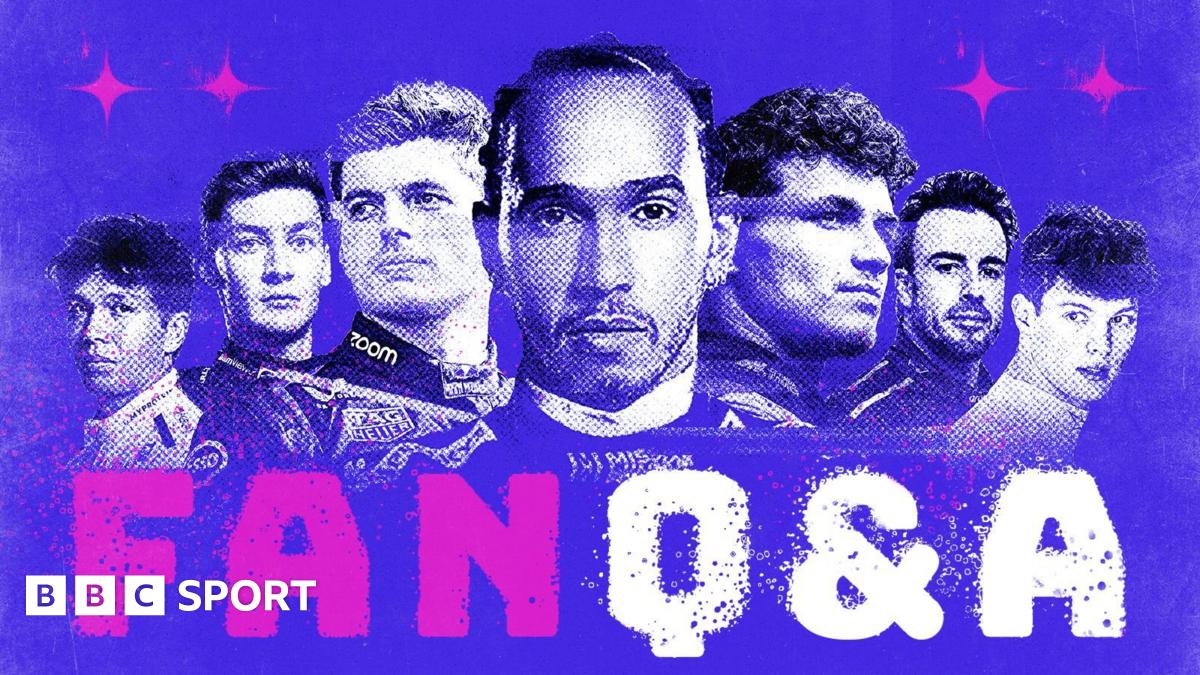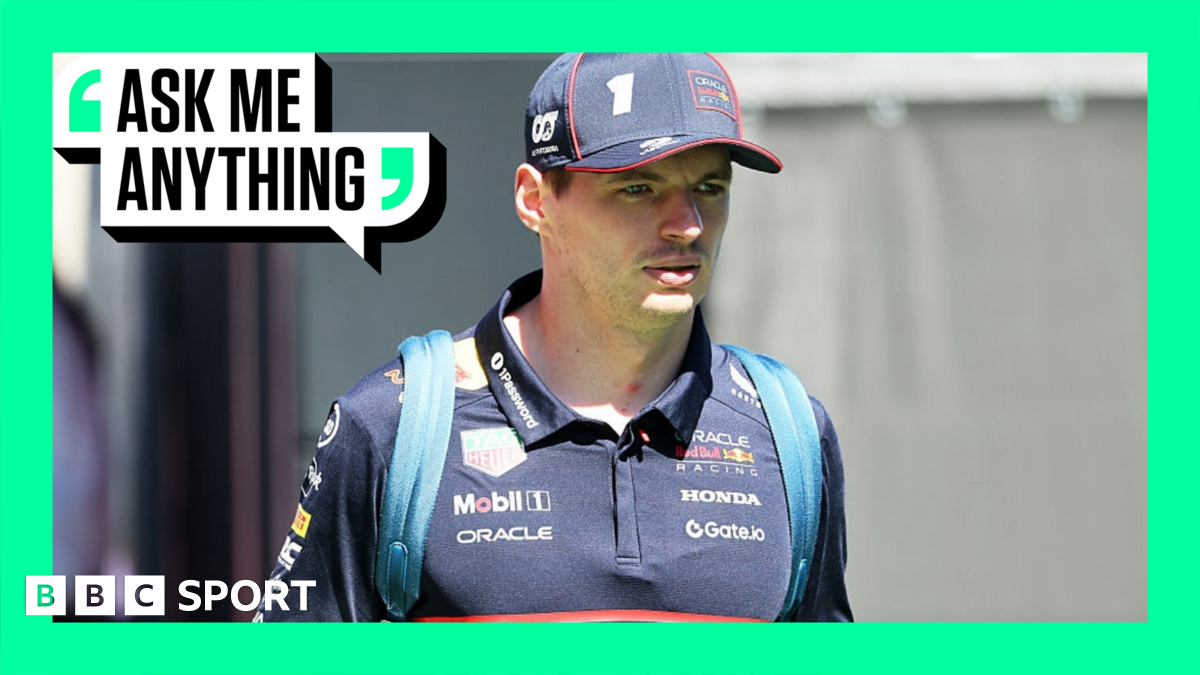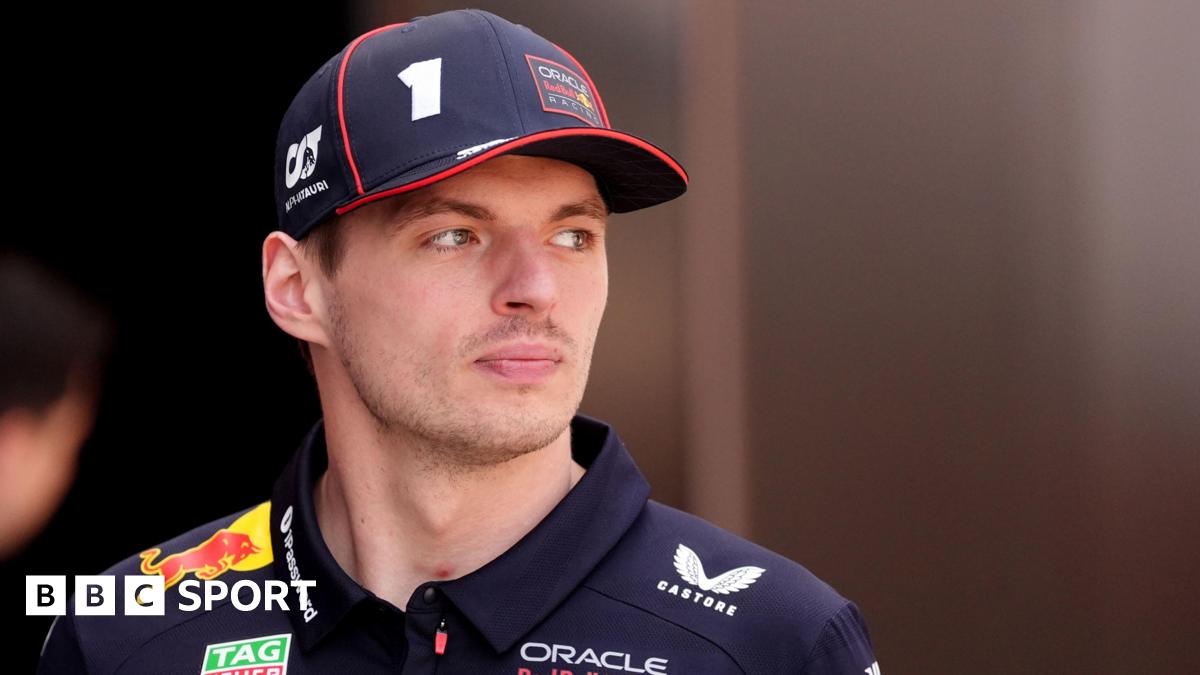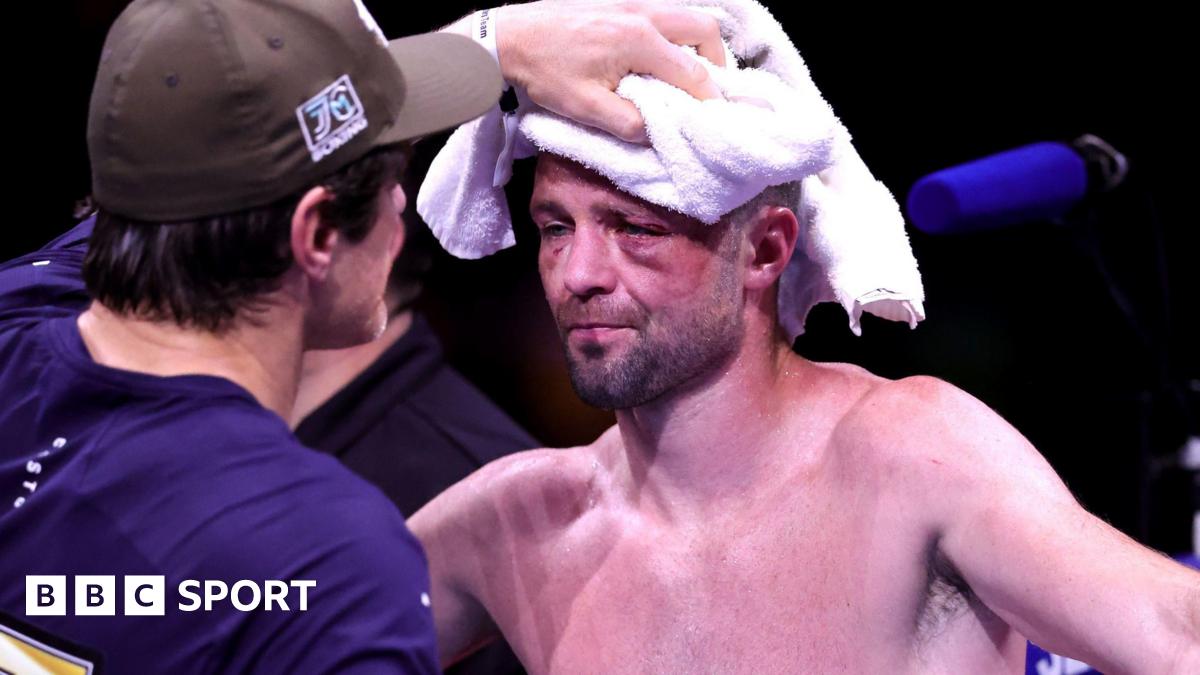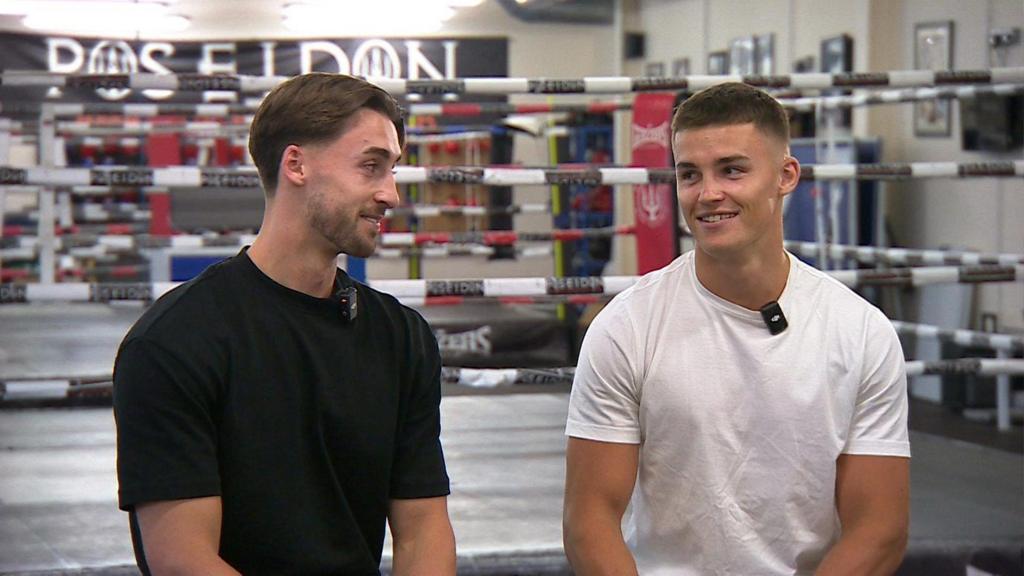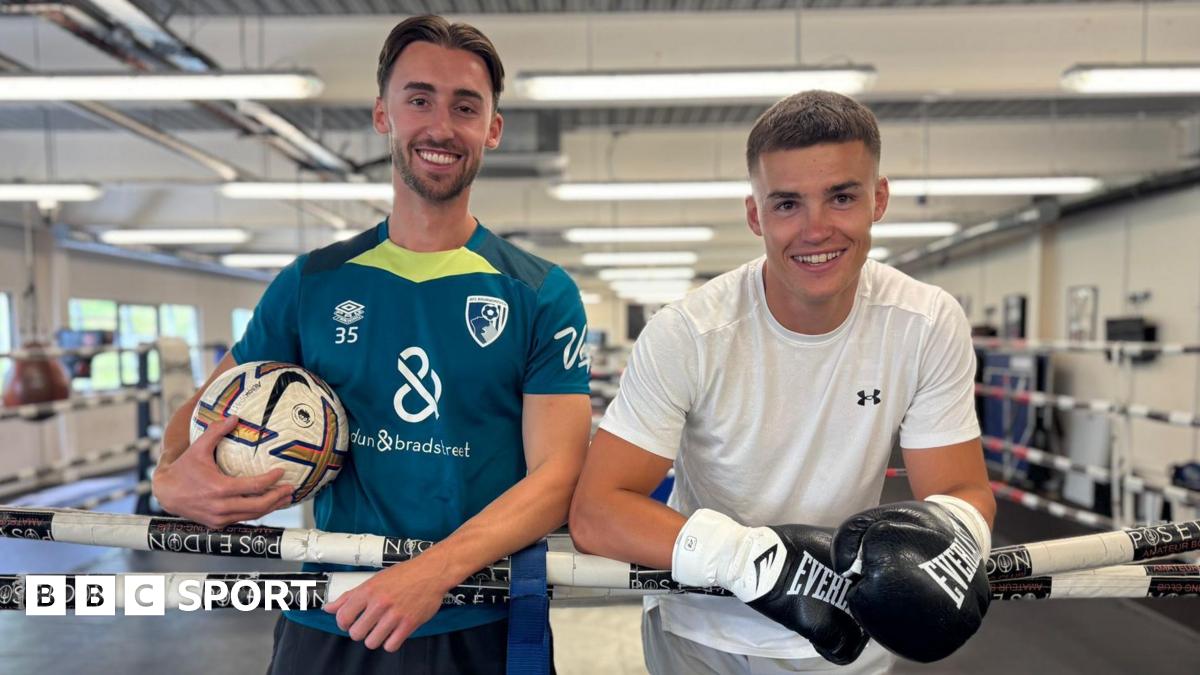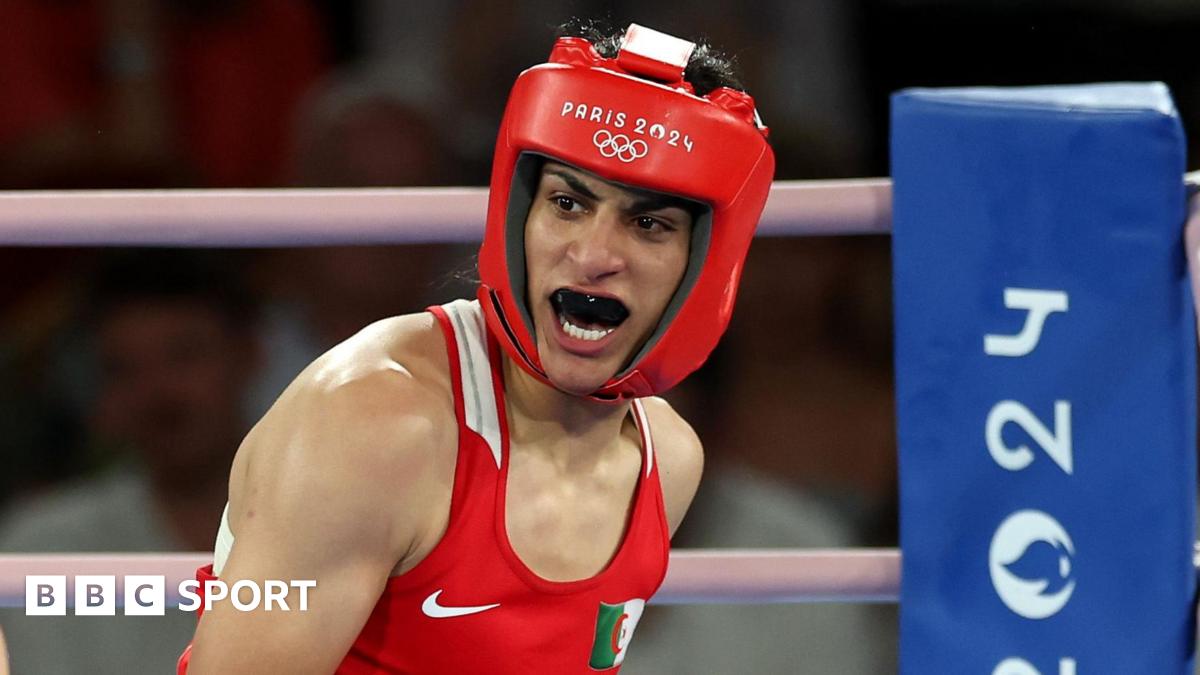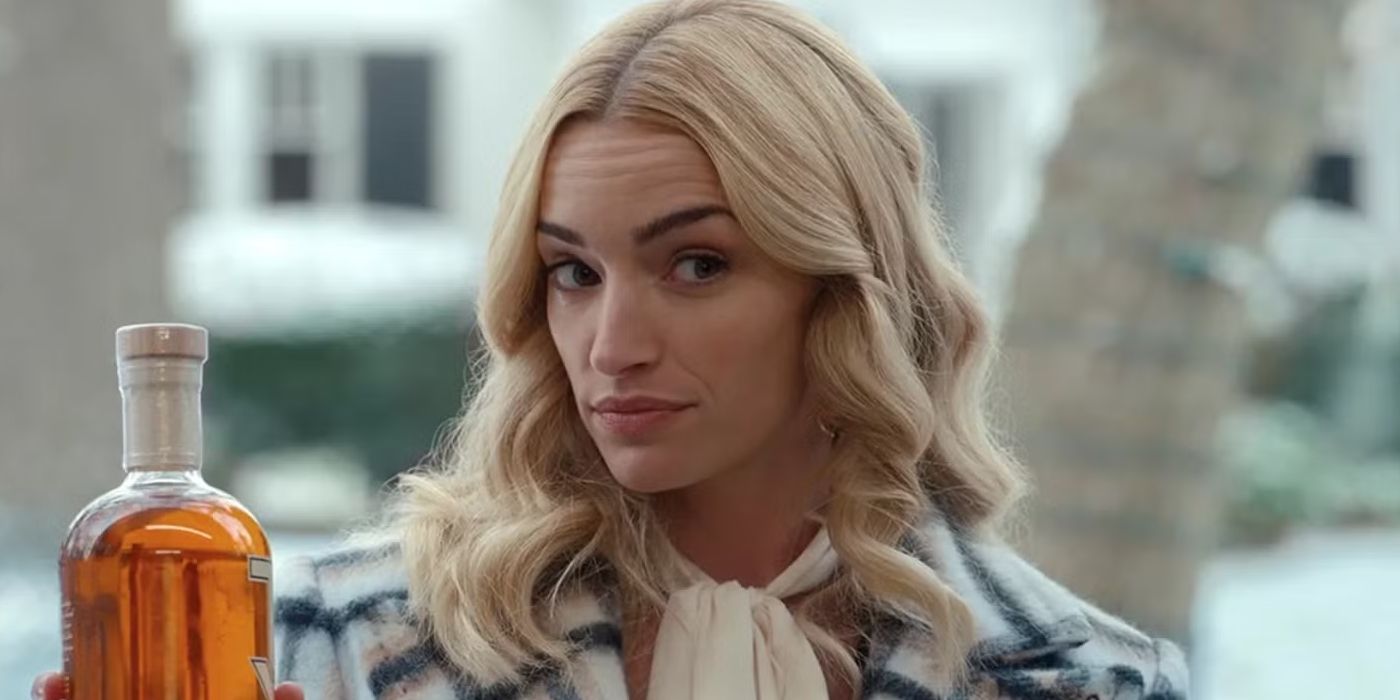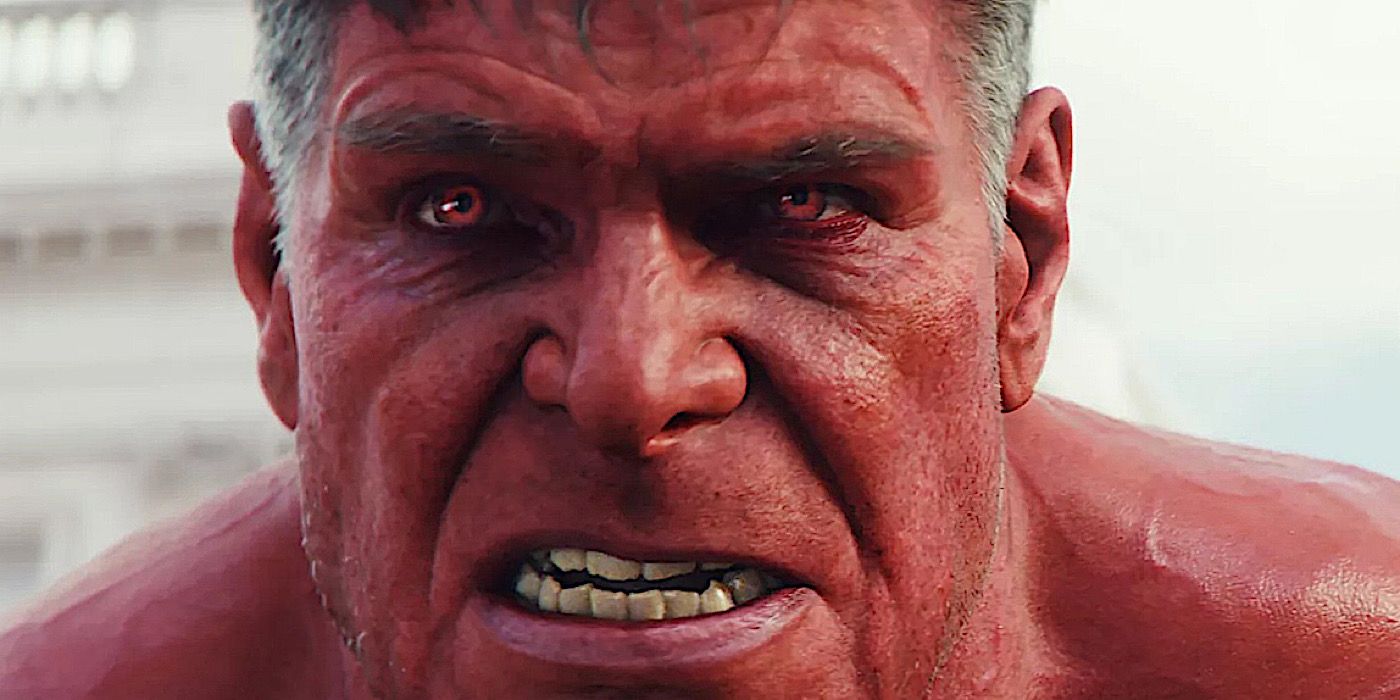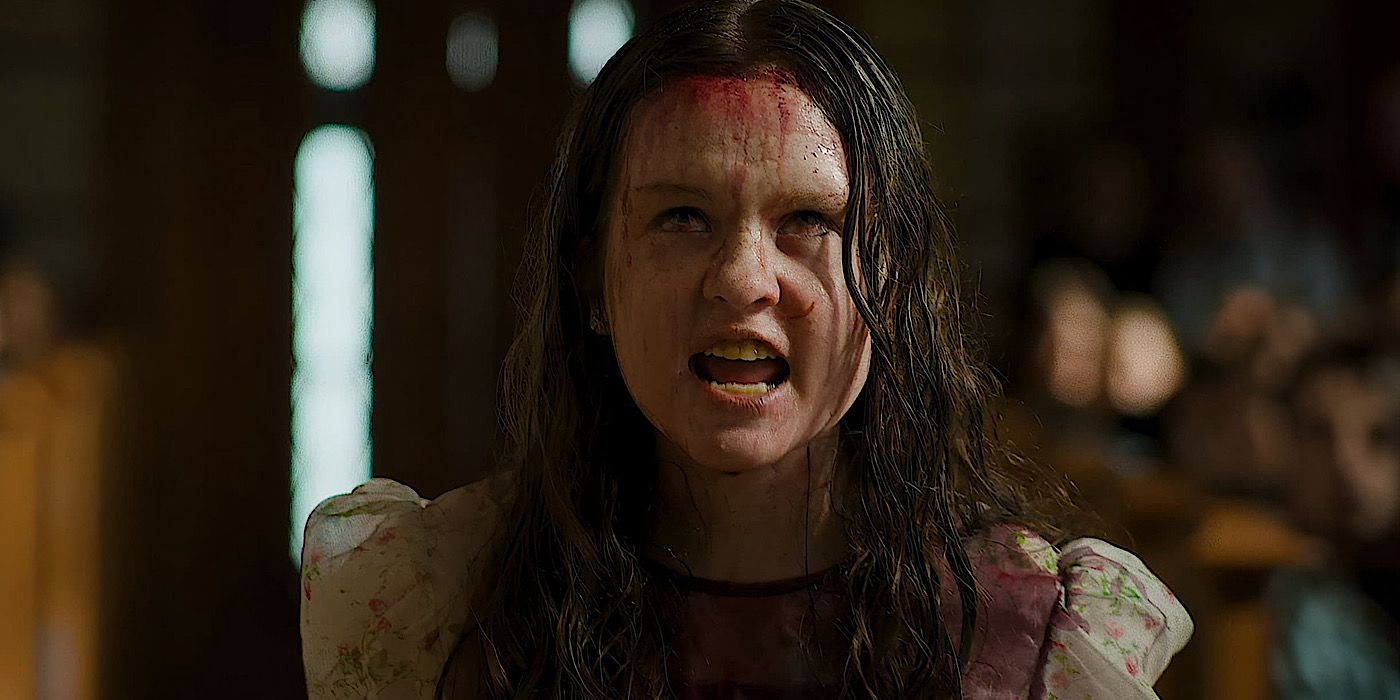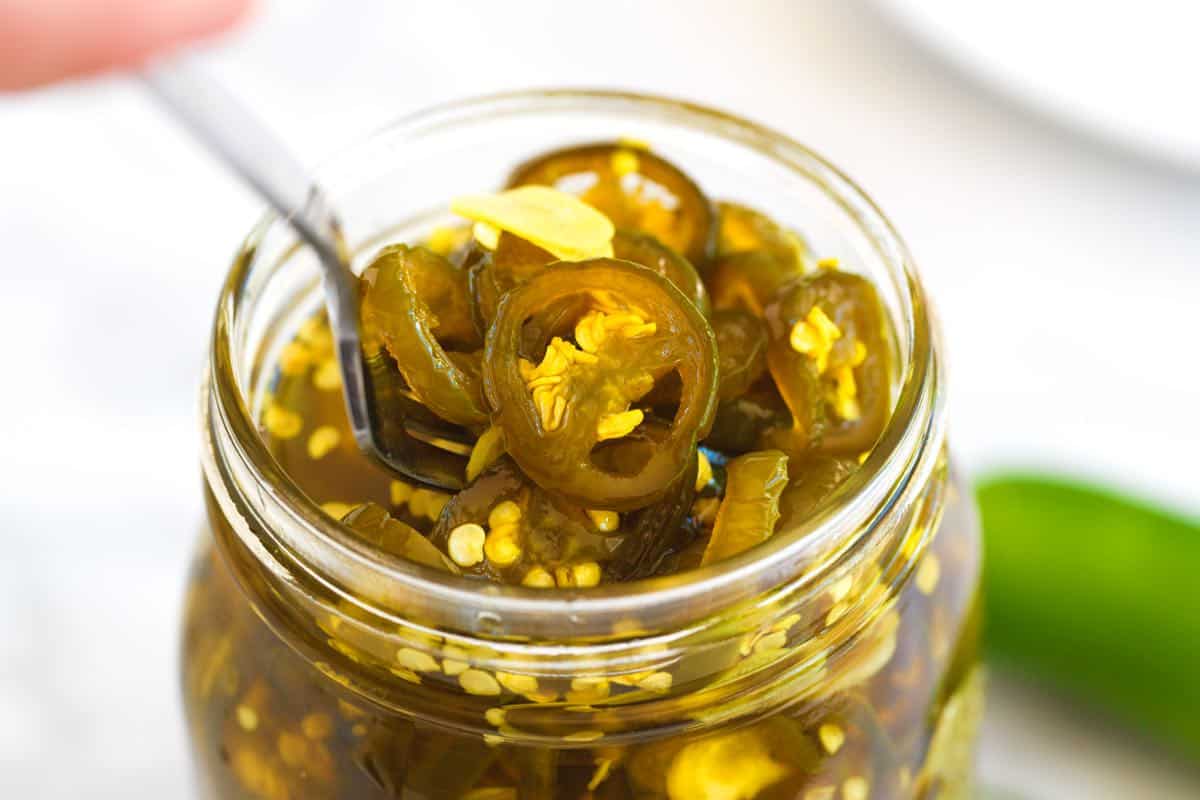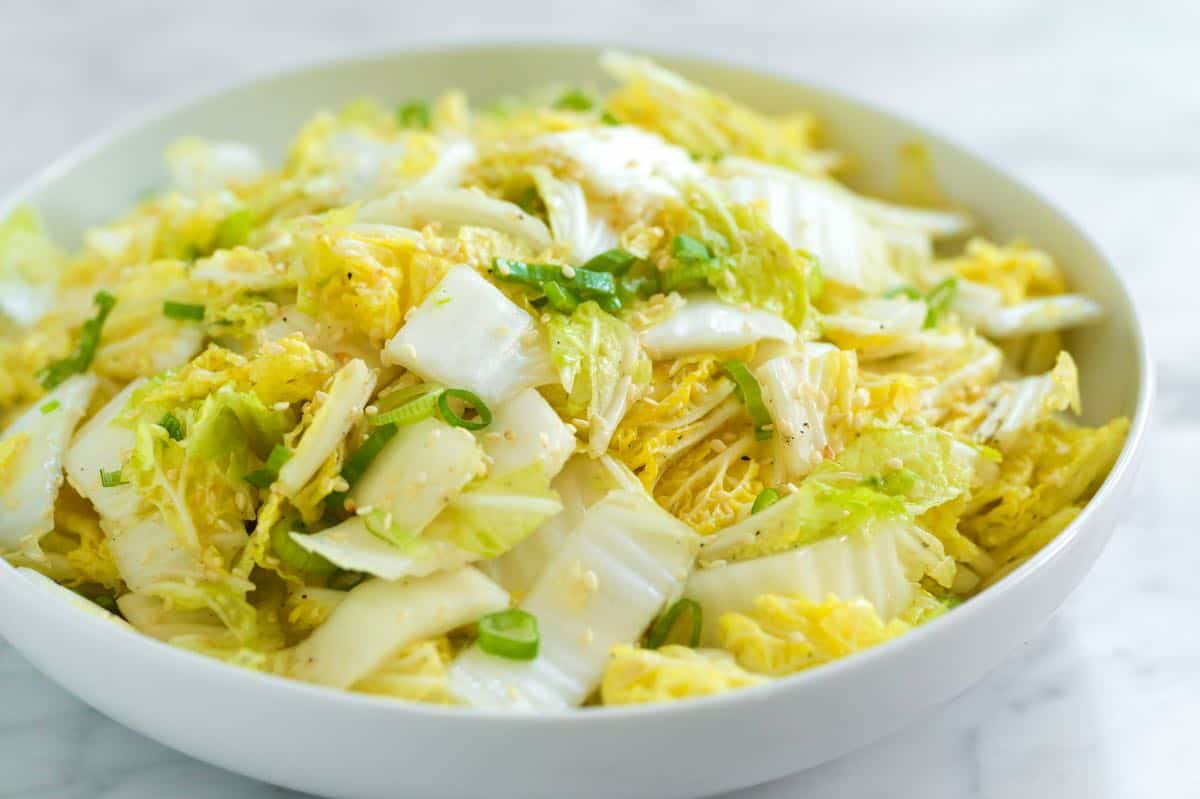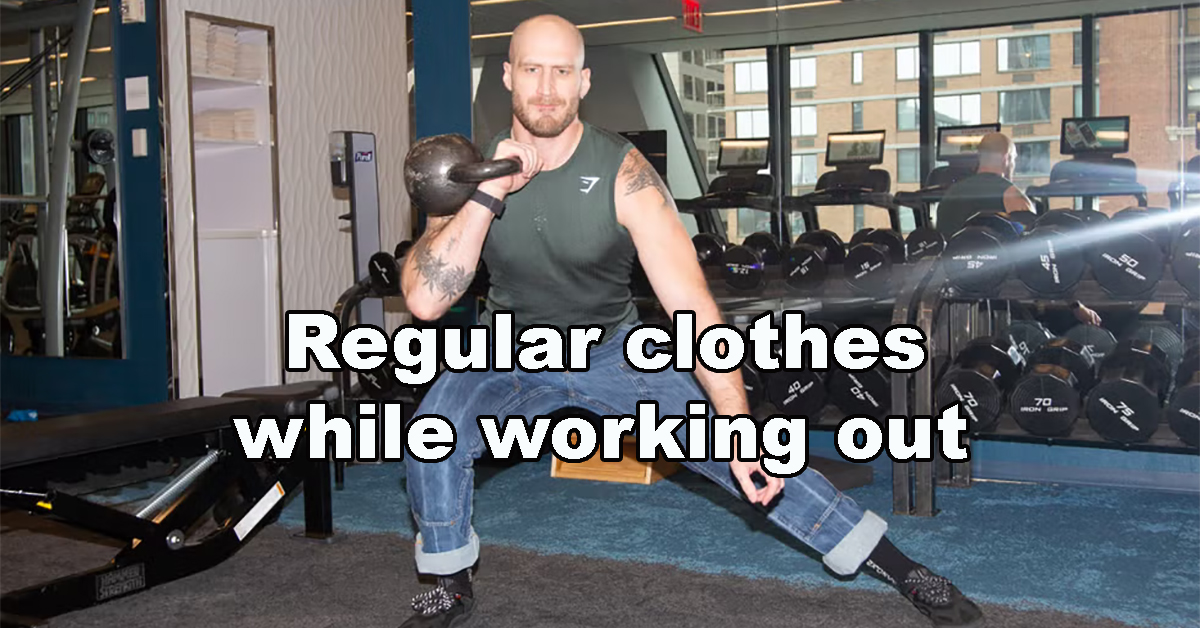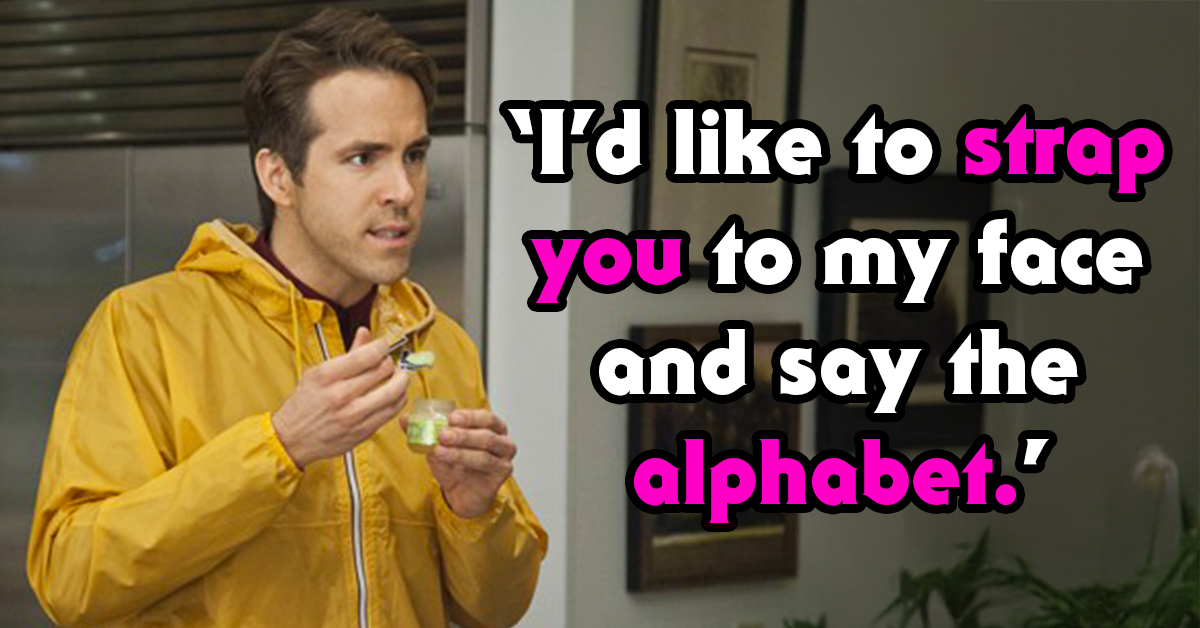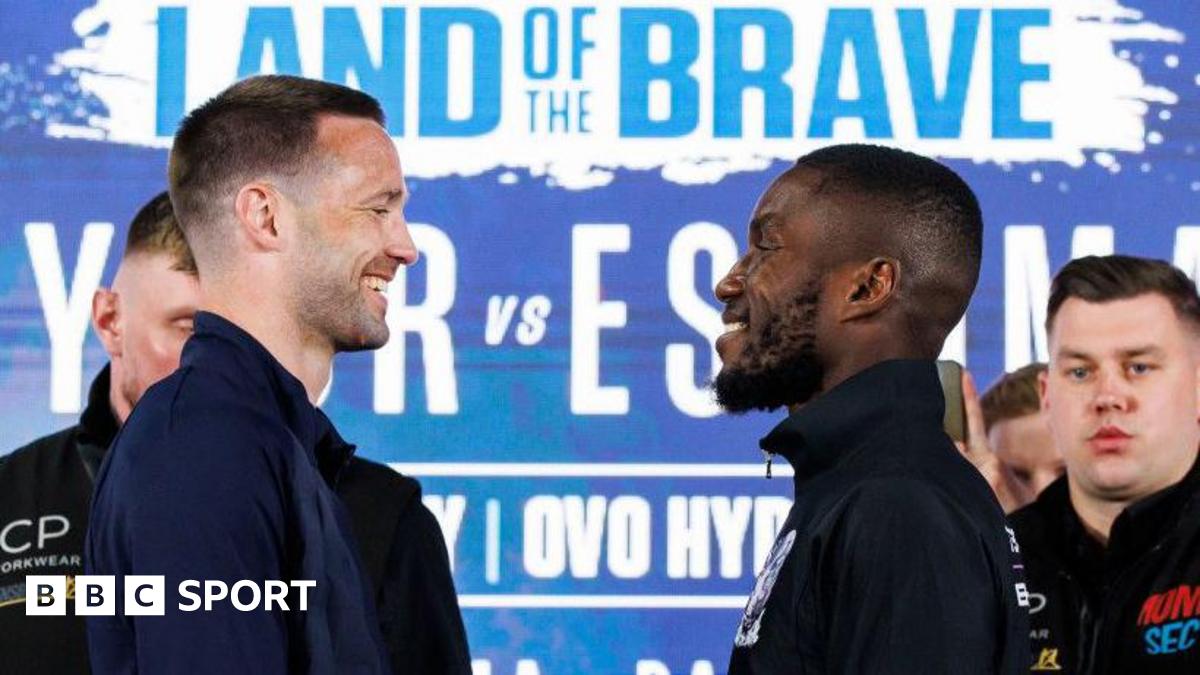Annahstasia: modern folk’s distinctive, healing new voice


When Annahstasia Enuke was barely a teenager, she embarked on a trip that would change the trajectory of her life. “My uncle was a touring artist,” she tells NME over a video call from a plant-filled London flat. “It was my 14th year, and my parents decided I deserved a break. So, they sent me to hang out with rock stars for the summer.” She likened it to “camp”, travelling with musicians across the globe. “That was the first time I experienced musicianship as a job,” she tells us. “[Until then] it was an abstract thing. But when I actually got to experience that lifestyle, it was so seminal for me. My world expanded.”
Going on tour was the first time she listened to artists outside of current popular music, leaning into soul singers like Bill Withers, Nina Simone and Janis Joplin. When she got back home to Los Angeles, she picked up a guitar. “It’s when I decided I wanted to sing.”

Listening to Annahstasia may conjure images of Simone and Tracy Chapman, but there’s no one who sounds quite like her. Embracing her god-given, distinctive, rich timbre and self-taught musicianship, the Nigerian-American creative is building a discography that reflects her passion for art in all its forms, writing about revelations, romance and self-actualisations over stripped-back, stirring orchestration.
Her 2019 debut EP ‘Sacred Bull’ blended modern R&B with classic soul and scored her a personal invitation from Lenny Kravitz to open on his ‘Raise Vibrations’ European tour. ‘Revival’, the 2023 follow-up, found her rediscovering her desire to focus on folk, while last year’s ‘Surface Tension’, with its “earth-shattering crescendos” and “deeply romantic pleas”, earned her a spot on this year’s NME 100. Throughout, she has pushed against expectations of success and modern virality, her sound and story so far an encouraging sign not only for the future of folk but the democratisation of all genres.
“I wanted my voice to be what it was – this deep, resonant thing”
But choosing to follow the path to Annahstasia’s current position wasn’t easy. Despite her parents having creative careers, they told her she was going to be “a lawyer, an accountant, a scientist, anything but an artist”. “Both my parents are artists and designers,” she shares, noting the financial instability they’d endured for the sake of their work. “I grew up understanding that being an artist isn’t some romantic gesture. It’s a hard choice to be an artist in a capitalist world. It’s an insane decision.” The intersection of art and capitalism is something she ruminates on in ‘Silk And Velvet’, a song from her upcoming debut album, ‘Tether’. “Lately, I’m not sure if it really matters if I make a sound,” she sings, the beat picking up as she questions: “Maybe I’m a moralist, an anti-capitalist who sells her dreams for money to buy her silk and velvet.”
Besides singing in her school’s jazz choir and performing at local coffee shops, Annahstasia was focused on becoming a doctor. Then, while standing outside of high school during the last semester of her senior year, fate intervened. “I was singing to myself, that hit song of the time, [Travie McCoy’s] ‘Millionaire,’ and this old dude sat on a bench behind me,” she remembers. “He said, in an English accent, ‘Excuse me, do you wanna be a pop star? You have an amazing voice.’” She was shocked. He’d just started a label and asked if she wanted to record a demo. She sent him straight to her parents: “He must have convinced them that he was legit.”
In the following weeks, she met with him and tracked the only song she’d ever written. He produced it and they shopped it around, eventually placing it at a major label subsidiary. “That was the beginning of that journey,” she says. But at the time, she had no idea how the label system worked and “got trapped in a messed-up deal” that she calls a “slave” contract. “The standard of the music industry is a certain level of exploitation,” she says now. “It’s whatever you’re willing to take in terms of being exploited. They own your voice. They own your image. They own anything that you create and sometimes in perpetuity.”

It was also during this time that she realised the industry wasn’t interested in a Black artist making folk music. “It was disheartening,” she remembers. “Imagine showing up to a space and being like, ‘This is me.’ And someone saying, ‘Ew.’ It doesn’t feel good.” She was writing songs based on the standards she’d taught herself on guitar, those early influences she’d picked up on tour and her jazz training. “I remember coming to the studio with a song I had written, and the producer said, ‘That’s so depressing. It’s a song you could kill yourself to.’”
They convinced her to push her sound in a pop direction. “Musically, I didn’t know enough to know what I wanted to do,” she says. “They took advantage of that.” Annahstasia’s distinctive vocals, which hover in a smooth and singular baritone, were also a point of contention. “I had a few vocal coaches and found that all of them wanted to adjust my tone,” she sighs. “All of them wanted to craft my voice into something more acrobatic, something squeezed, tight and manoeuvrable. I wanted my voice to be what it was – this deep, resonant thing. I went on my own path to figure that out.”

Despite the friction of her early career, she still appreciates the experience. “I learned how to write properly,” she reflects, adding that she learned that “if you can’t strip a song down to its bare essentials and play it with one instrument and your voice, then it’s not a good song”.
The presence of Black artists in roots music today compared to the start of her journey has “definitely changed”, Annahstasia says. “There’s enough of us that the industry can’t continue to classify us all as R&B or soul just because we’re Black,” she explains. She also credits artists with big platforms like Beyoncé for moving the needle. “Her making a country record was her intentionally entering that space and insisting on that space.”
As it continues to evolve, she still sees folk as the one genre that is “presently politically poignant”. She explains: “My peers doing folk music, they’re the ones I hear outside doing protest music right now. They’re the only ones I hear speaking truth to power through their medium. All you need is two chords and the truth.”
“The road is so much longer than I thought it was gonna be. The universe just has its timing”
Annahstasia’s truth is in plentiful supply on ‘Tether’, her long-awaited debut album, due for release on June 13. Writing each of its 10 tracks was a “process of rooting” for her. “[It was] about finding a place within my artistry that was so fortified that even if there wasn’t a single person to witness me making music, I knew deep in myself that I would still be doing it anyway.”
Just as the musician has healed her relationship with her art, lead single ‘Villain’ also tells a story of survival and revival. It opens over stripped-back strings, her delivery sonorous as she pleads “take it, take it back, this dull knife of memory,” against a wall of sound. The song’s visuals feature the Black rodeo community in Tulsa, Oklahoma, celebrating their roots in the American West.

Blues poet and activist Aja Monet, whose work often reflects on the experience of Black communities in the US, joins Annahstasia on ‘All Is. Will Be. As It Was’. Monet shares a poem over the serene chords of the song, lines she wrote with the prompt of only two words: “open air.” “She nailed the story,” Annahstasia smiles. “I believe deeply in synchronicity. A lot of the things she talked about in that poem were themes I was exploring within myself and the creation of the album.”
‘Tether’, through all of its self-examination, unfurls like Annahstasia’s love letter to herself, a warm light shining on all of her insecurities, triumphs and challenges that have brought her to this creative moment. “I was experiencing new forms and capacities of love within myself,” she says. “Expanding in that way.”
“It’s a hard choice to be an artist in a capitalist world. It’s an insane decision”
Annahstasia’s career is also expanding in unexpected ways, like her recent appearance in Kendrick Lamar’s video for ‘Luther’, which came about “quite randomly”. She was initially reluctant to respond when the director Karena Evans reached out, keen to make it clear that she wasn’t a “video girl”. But after hearing the treatment, she was in. “It was so beautiful,” she recalls. “I liked that she was pursuing a sense of intimacy, which a lot of my work is about.”
She met Lamar on set, and before they filmed, she asked how he felt about direct eye contact. “He was like, ‘Actually, I love eye contact. I used to always stare into people’s eyes [as a kid] and my mom would have to tell me to stop.’” The rapper also shared that he was aware of her music and her voice and was intentional about her casting. “I really appreciate that co-sign and vote of confidence,” she says. “I hope it leads to making music together at some point.”
Before any potential collaborations come down the pipeline, though, Annahstasia’s focus is on ‘Tether’. Although she hopes the record will resonate with listeners, she’s not concerned with immediate success, having been on the path to this album since she was 17 years old. “The road is so much longer than I thought it was gonna be,” she says. “The universe just has its timing.”
But she still prays it’s “a seminal album in people’s lives”, one that helps people “come back to themselves and feel their heart again”. It’s something she’s done time and time again through her music. “I knew it was going to be hard when I chose it,” she tells us. “It’s allowed me to have this uncompromising perspective about my art, to create despite the odds.”
Annahstasia’s ‘Tether’ is due out on June 13 via Drink Sum Wtr.
Listen to Annahstasia’s exclusive playlist to accompany The Cover below on Spotify or on Apple Music here.
Words: Erica Campbell
Photography: Rio-Romaine
Makeup: Megumi Matsuno
Hair: Kreszend Sackey
Styling: Gloria iYare
Label: Drink Sum Wtr
The post Annahstasia: modern folk’s distinctive, healing new voice appeared first on NME.
What's Your Reaction?
 Like
0
Like
0
 Dislike
0
Dislike
0
 Love
0
Love
0
 Funny
0
Funny
0
 Angry
0
Angry
0
 Sad
0
Sad
0
 Wow
0
Wow
0




